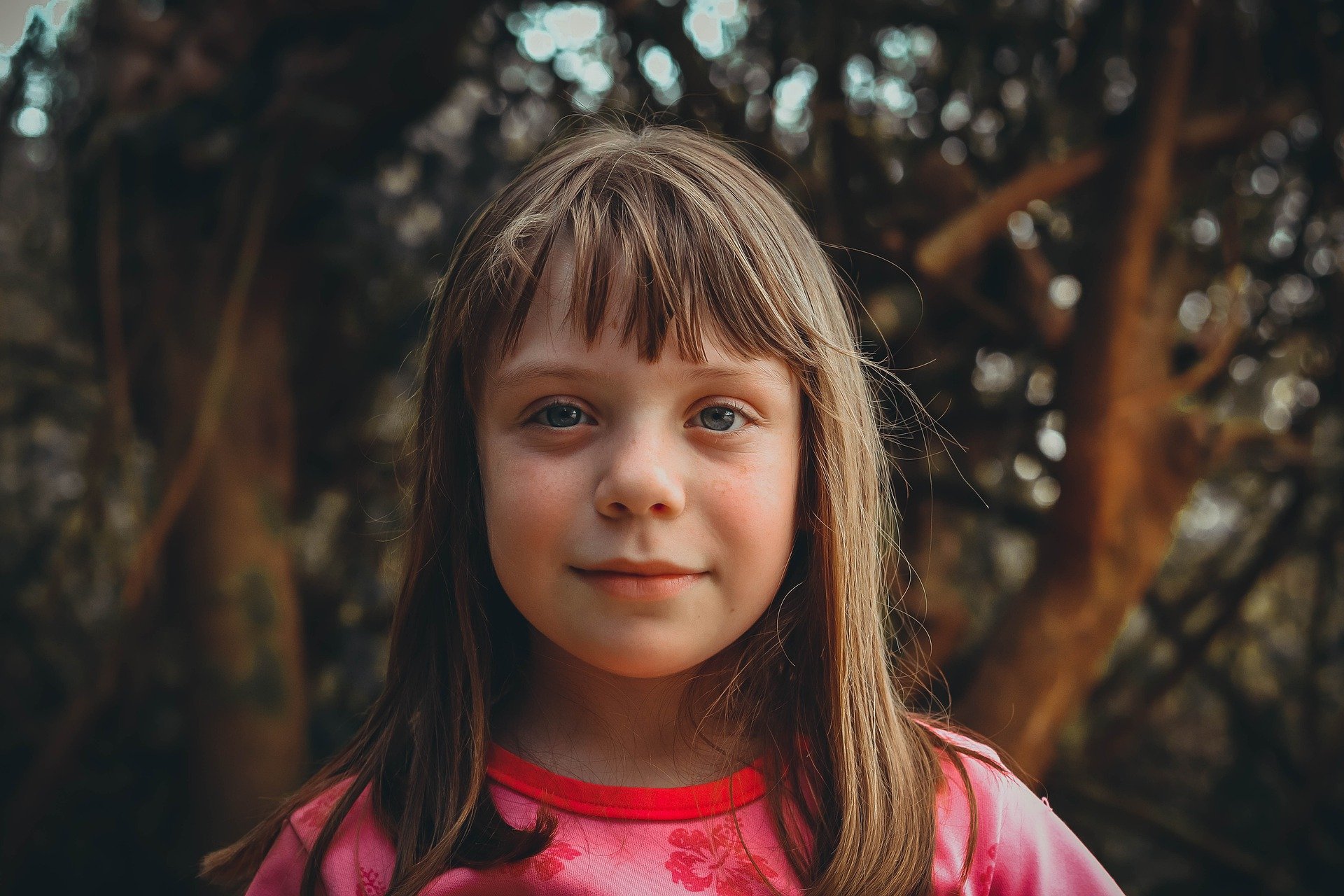A New Life, Sunny Side Up
Haley’s therapist said she’s a cute little girl but unhappy most of the time. She shows little-to-no joy. She was diagnosed with dysthymia from an early age.
To diagnose dysthymia, a child must have a depressed mood for at least one year and suffer from at least two of the following: low self-esteem, fatigue, feeling hopeless, changes to weight, sleep or concentration, or having a lasting sad or anxious mood.
Therapy will often focus on changing the child’s distorted view of themself and their environment. It also works to improve relationship skills and identify and manage stressors.
In Haley’s case, Great Life Mentoring was added to her treatment plan. Great Life Mentoring is a well-developed and field-tested model for integrating mentoring services into the mental health care system for children and adolescents from low-resource families.
With Haley being in need of some positive support from outside the home, this was a good fit. She was matched with Rebecca, who is an outgoing, cheerful and fun person. They liked visiting parks and swimming together. Though it started as a one-year commitment, it became something much more.
From the first day they met one on one, they had a sweet connection. They showed up wearing the same color (pink) and there was a spark. Haley’s demeanor that day exuded fun and what they called “sass.” She enjoyed her time with Rebecca so much that she called and left her a message saying, “that was one of the funnest days of my life.”
Haley was interested in going to church and asked her mom if Rebecca could take her. Rebecca was happy to do it, so they often spent their Sundays together, going to church and then getting outside to play. Rebecca always had a smile and positive outlook, and Haley became joyful when she was with Rebecca.
People who know them say Rebecca was the ‘light in Haley's darkness.” She brought pure joy into Haley’s life with her own, authentically positive and peaceful demeanor. She even positively affected Haley’s mom: She could see her daughter was happy when she was with her mentor, and she shared that it improved her own mood, as well—to know that her child was doing better.
They continued past the original one-year commitment, and Haley reported improvements in school, in addition to her mood. Years later, they’re still in touch.
The first large-scale research study on high-risk youth in mentoring (Herrera et al 2013) reports mentored high-risk youth improved in their emotional/psychological well-being, peer relationships, academic attitudes and self-reported grades. Further, findings indicated mentoring reduced symptoms of depression and increased the overall number of outcome areas in which youth exhibited meaningful improvements.
Children participating in Great Life Mentoring have been found to utilize mental health services to a greater extent and, when comparing change over time on clinician-ratings (on the Children’s Global Assessment of Functioning), Great Life Mentoring children showed significantly more favorable change than their matched counterparts (Children and Youth Services Review 2018). Haley was one of those youth.
If you or a loved one are struggling with any of the symptoms discussed, talk to your doctor or mental health provider. Feelings of dysthymia, or persistent depressive disorder, can go on for such a long time that you might think they’ll always be part of your life. SAMHSA’s National Helpline is free, confidential and available 24 hours a day, 365 days a year, available in English and Spanish. 1-800-662-HELP (4357)
For more information on Dysthymia see Johns Hopkins Medicine or the Mayo Clinic.
Follow these links if you are interested in being a mentor: Volunteer Vancouver WA or Volunteer Portland OR and help a child who needs you now.

